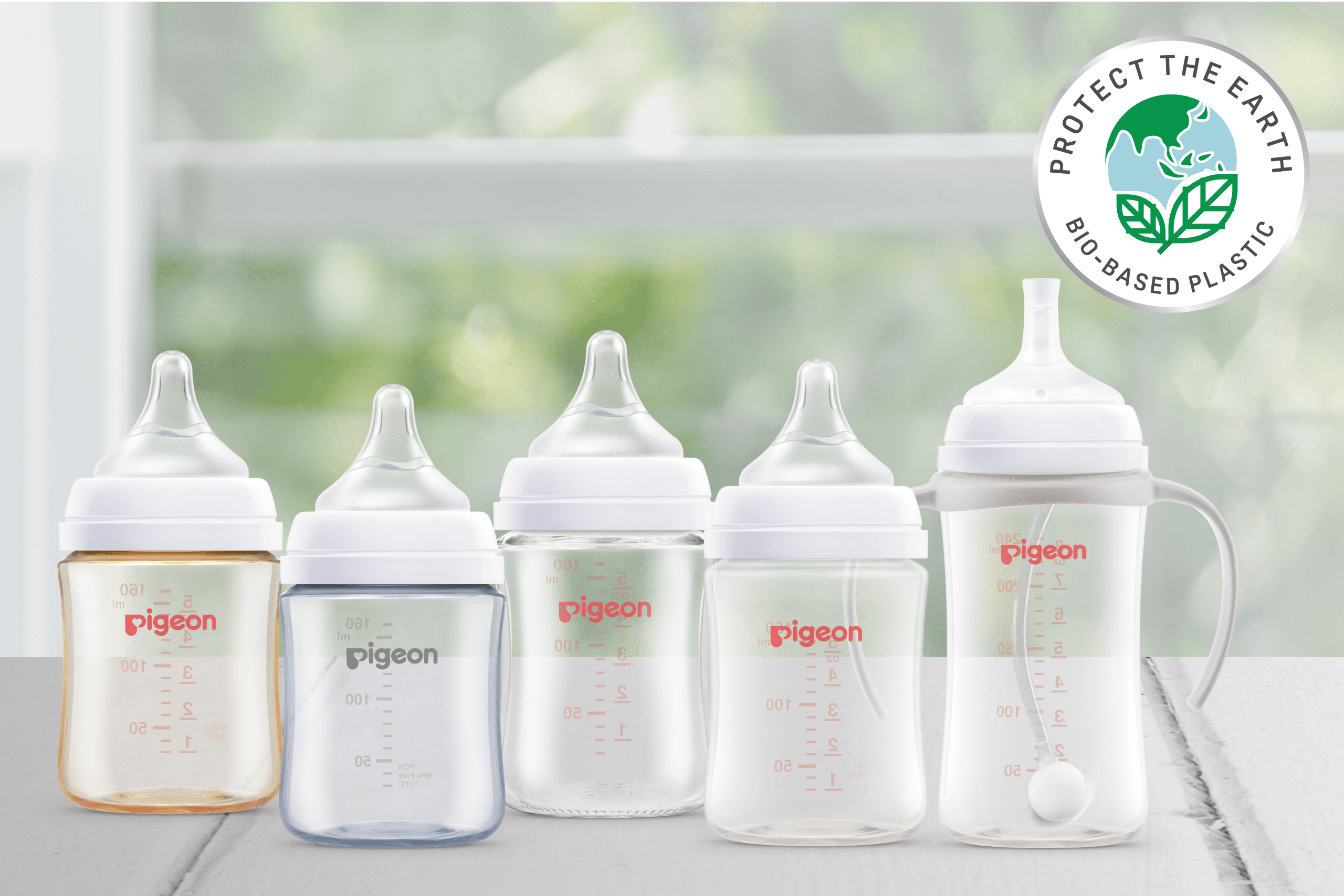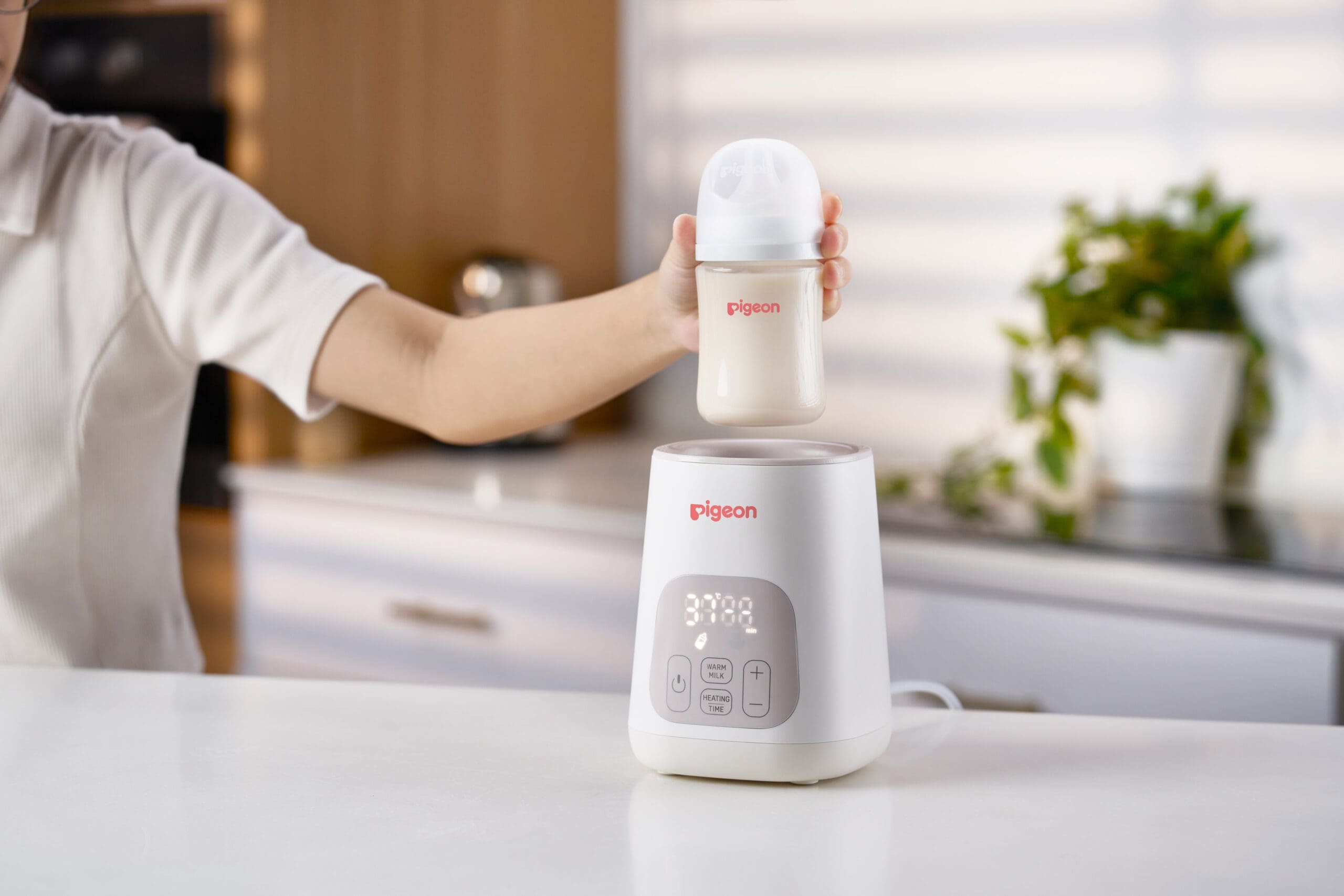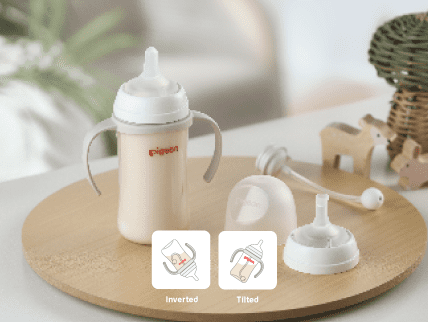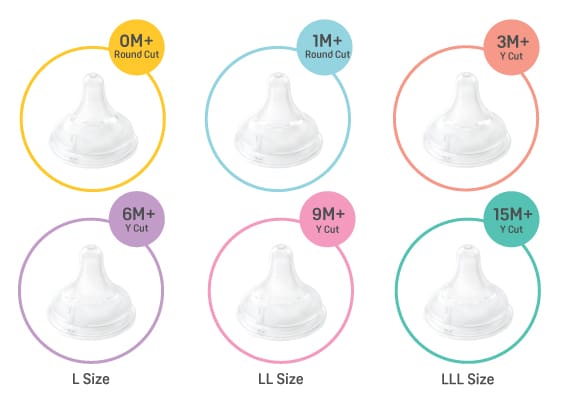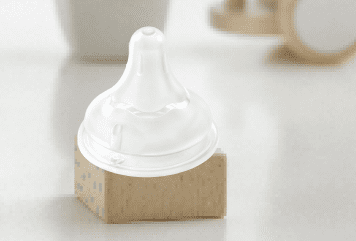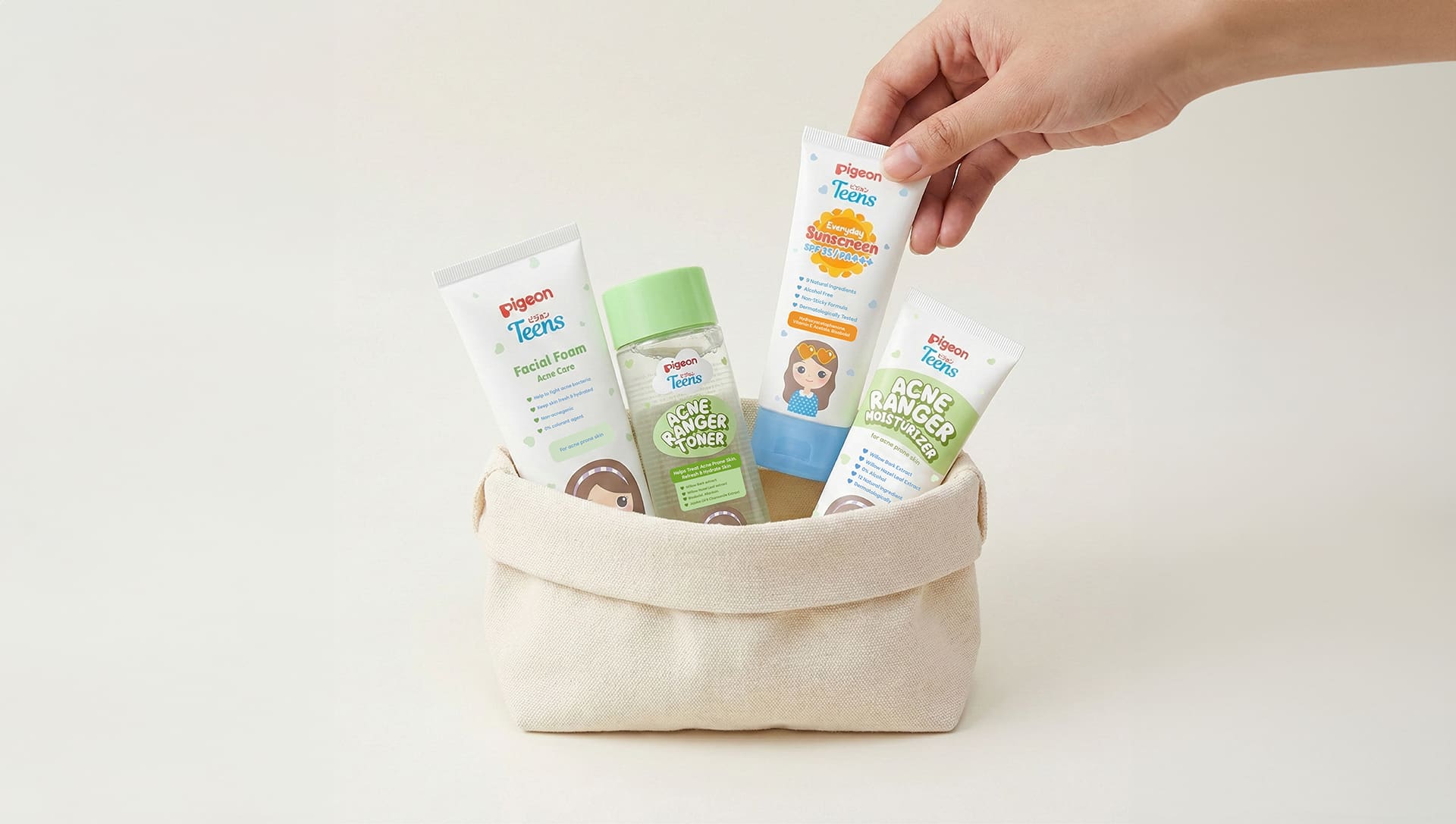Learning how to feed themselves is an important milestone for your little one, but what happens if your toddler is having trouble eating?
What are feeding and swallowing disorders?
As your baby grows up, they will learn to walk, run, talk—and most importantly, eat. Just like how learning to walk is a process that takes time and effort, eating skills such as sucking, mashing and chewing are developed over time and with lots of practice. This starts as soon as your child is ready to begin weaning and solid foods are introduced to complement their milk diet.
While it’s normal for your kiddo to be a picky eater, there may be instances when they display signs of having feeding and swallowing problems. Such swallowing disorders, known as dysphagia, can take place at different phases of swallowing: oral, pharyngeal, and esophageal.
How do you identify it?
Some of the common symptoms of dysphagia include coughing during meals, crying while feeding, or having trouble breathing while eating. They tend to take a longer time to push food down, and may even exhibit a refusal to eat or drink. If you start noticing that they’ve hardly been gaining weight after some time, it’s time for an intervention.
This may have a negative effect on a toddler’s health as they require an adequate amount of nutrients to keep up with the rapid growth during infancy, causing them to become malnourished, dehydrated and at risk of infections.
What are some of the causes?
Many babies who are born prematurely experience feeding difficulties at birth as their suck and swallow abilities have yet to be fully developed, leading to poor coordination of their reflexes. It can also be due to other medical conditions such as respiratory problems, neck and head abnormalities, nervous system disorders, sensory issues and more.
Beyond the medical reasons, your baby is also likely to develop poor feeding patterns because of the lack of attention and care from a parental role, which makes them feel anxious eating around people. Or they simply don’t fancy the taste, texture, smell or temperature of certain foods. For example, they only eat crunchy foods instead of soft foods.
What should you do?
If you think your child is having difficulty with feeding, it’s best to contact your doctor immediately to seek medical treatment. A speech-language pathologist (SLP) that specialises in feeding and swallowing disorders will also be able to properly assess their condition and suggest ways to improve their feeding patterns.
Your kid may also be required to follow a specific diet plan and take additional supplements to meet the nutritional needs of their growing body. But for more serious cases, your baby may be placed on a feeding tube to help supply nutrients and fluids into their system until they are able to take food by mouth.
Fortunately, feeding problems are usually temporary and can mostly be corrected with medications, therapy and mouth exercises. If left untreated, however, it may lead to a host of health problems including speech delays, learning disorders and cognitive issues. In the long term, it may end up hindering development in the crucial years of early childhood and even into adulthood.
As a mother, make sure to understand the problems that your child is facing and make proper adjustments at home to ease them back into the feeding routine. Try to incorporate a variety of foods in your child’s diet – soft, bite-sized foods such as cooked veggies, banana slices and cheese chunks are perfectly safe for your baby. Knowing how to handle your child’s behaviour during mealtimes helps to encourage good eating habits, too.
Things can get a little messy and be somewhat frustrating, but it’s all part of the learning process. Your child will get there eventually!
What To Do If Your Child Has A Feeding And Swallowing Disorder

